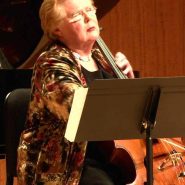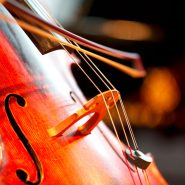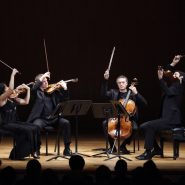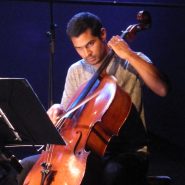Tag: concert halls
By Martha Baldwin January 27, 2013
Subjects Orchestra
Tags Baldwin, cello, cellobello, challenges, chamber music, choices, Cleveland Institute of Music, Cleveland Orchestra, colleagues, concert halls, concerts, direction, establish a career, family time, focus, happiness, inspiration, lifestyle, Martha, mom-friendly schedule, money, musical talents, orchestra, orchestral jobs, personal ideas, predictability, rehearsals, routine, short attention span, social outlets, soloist, stability, status, Teaching, Touring, Travel, variety, working full time
By Jeffrey Zeigler May 29, 2011
Subjects Technology
By Bonnie Hampton May 23, 2011
Subjects Artistic Vision
Tags Bonnie, bow speed, cello, cellobello, clarity, concert halls, expression, Habits, Hampton, imagination, individual voice, individuality, muscles, musicians, overtones, patience, performance, Sound, support, Teaching, tension, tone, vibrato
By Alisa Weilerstein April 22, 2011
Subjects Artistic Vision, Travel
By Brandon Vamos March 28, 2011
Subjects Chamber Music, Repertoire
By Jeffrey Zeigler December 1, 2010
Subjects Technology






